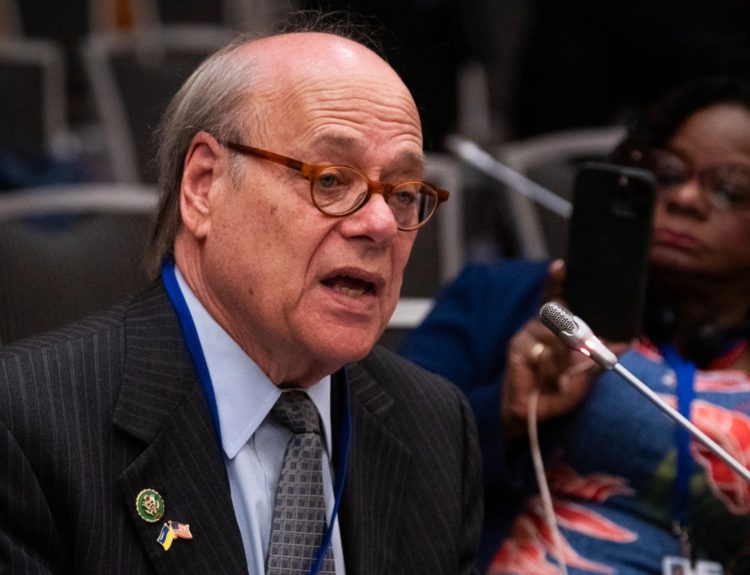The legal efforts to disqualify Fani Willis, Fulton County District Attorney, from the high-profile racketeering case against former President Donald Trump have proven unsuccessful thus far. Despite accusations of conflicts of interest related to Willis’ romantic relationship and political attacks questioning her financial management, the Georgia Supreme Court declined to remove her from the case.
Willis remains steadfast in her role as prosecutor, facing the attempts to undermine her credibility head-on in assertive displays in the courtroom. With Trump indicted on multiple felony charges, the case represents a critical challenge to prosecuting a former president. While the political arena continues to wage battles, the spotlight remains fixed on the legal system’s commitment to accountability.
Attempts to Remove Willis Fail to Meet Legal Standards
The defense’s efforts to disqualify District Attorney Fani Willis from prosecuting the case have proven unsuccessful. Under Georgia law, a prosecutor can only be disqualified for a conflict of interest that prejudices the defendant or for “forensic misconduct.” As legal experts Norman L. Eisen, Joyce Vance, and Richard Painter note, “A conflict of interest requires more than a theoretical or speculative conflict.
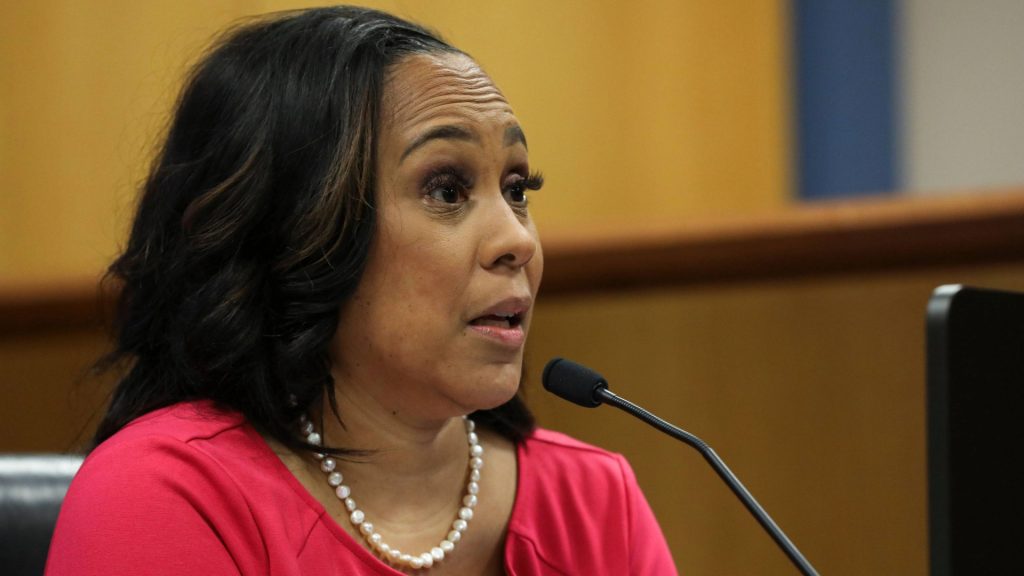
An actual conflict of interest must be involved. “Given this standard, Willis’s romantic relationship with political consultant Richard Wade does not constitute grounds for disqualification. The key question was whether any financial conflicts arose from Wade’s consulting work for the District Attorney’s office. The court found that Willis and Wade’s financial dealings, including shared travel costs that Willis repaid, did not create a conflict of interest warranting disqualification.
Willis Upholds She Is Financially Independent
Willis directly addressed the allegations against her in court, emphasizing her financial independence. She testified, “A man is not a plan. A man is a companion.” Her statement that she repaid Wade for shared travel expenses went unchallenged, weakening the case for disqualifying her.
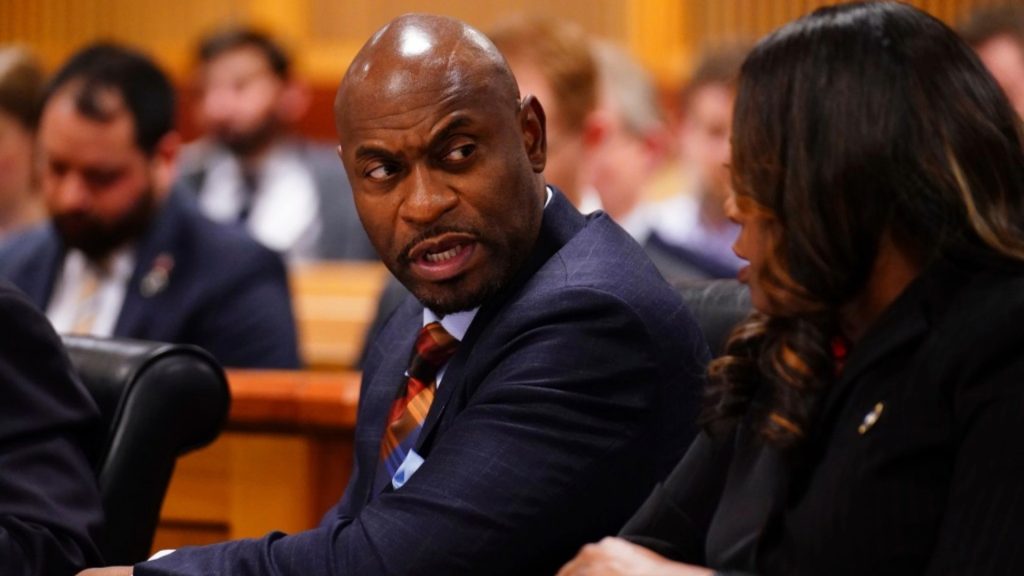
Outside the courtroom, Willis has also faced political attacks. The House Judiciary Committee, led by Rep. Jim Jordan (R-Ohio), subpoenaed Willis, demanding documents related to federal grant usage, which they claim was mismanaged. Willis’s office has rejected these allegations, stating that funds were used properly for community programs. They have criticized the congressional inquiries as unconstitutional interference in state criminal proceedings.
No Substantial Grounds for Willis To be Disqualified
Despite the former president’s indictment on multiple felonies, including racketeering and conspiracy, and his characterization of the case as a “witch hunt,” legal experts see no substantial grounds for disqualifying Willis. Willis’s resolve in court and support within the community, especially among Black women, have strengthened her position as a staunch advocate for justice against political and personal attacks.
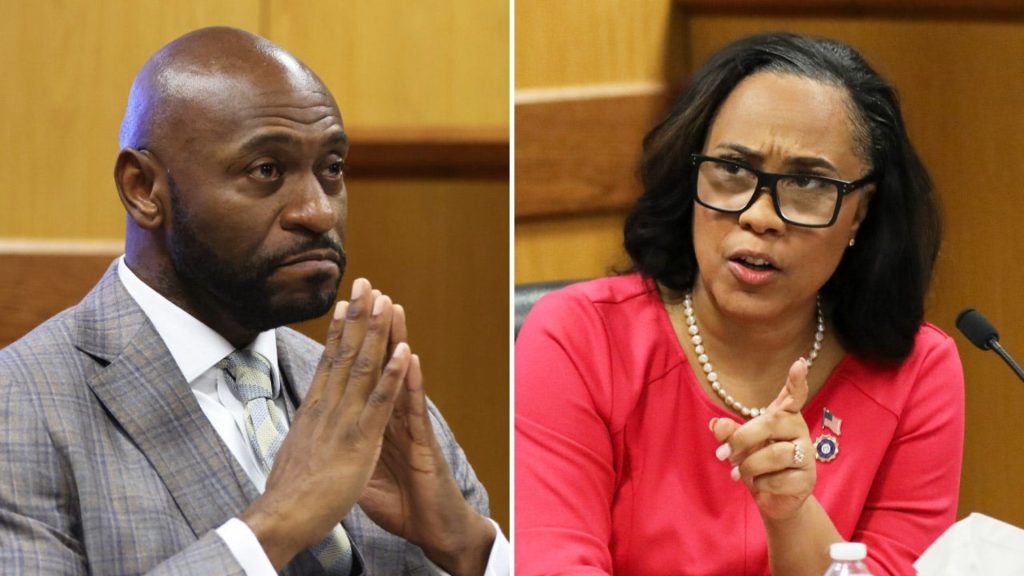
As the case progresses, the legal system’s focus on facts and accountability contrasts with some political maneuvers. Notably, the Georgia Supreme Court recently declined to grant a motion to disqualify Willis, indicating her strong legal standing. While Willis’s opponents have sought to undermine her credibility and objectivity, their efforts have gained little traction in court.
Conflict of Interest Claims Don’t Hold Up in Court
The presiding judge in the Trump Racketeering Influenced and Corrupt Organizations (RICO) Act case, Judge Timothy Batten Sr., dismissed multiple attempts by defense attorneys to disqualify Fulton County District Attorney Fani Willis from prosecuting the case.
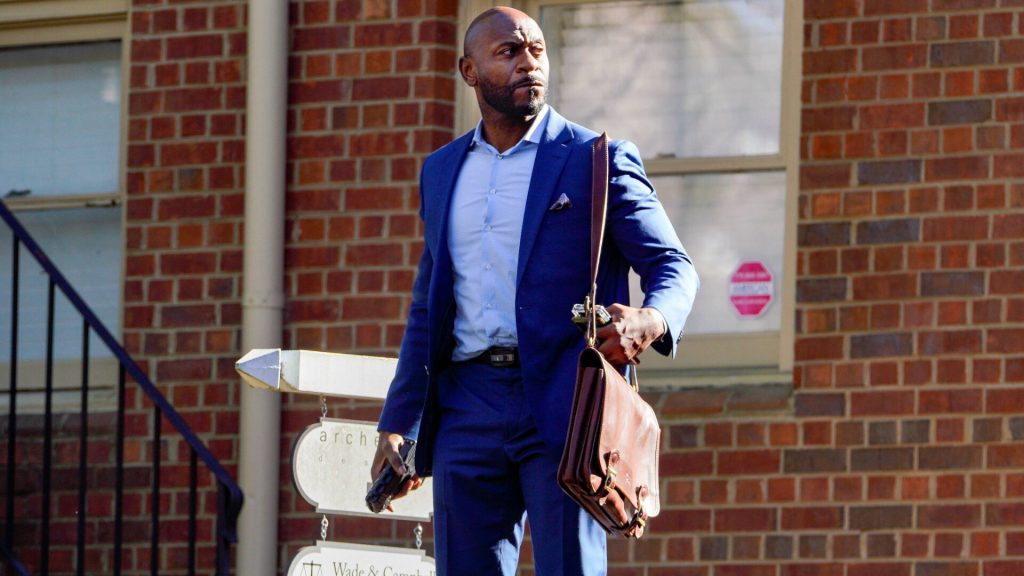
As legal experts Norman L. Eisen, Joyce Vance, and Richard Painter have noted, “A conflict of interest requires more than a theoretical or speculative conflict. An actual conflict of interest must be involved.” In this context, Willis’s romantic relationship with Wade was not considered prejudicial to the defense.
Legal Standing Remains Firm
Despite the former president’s indictment and characterization of the case as a “witch hunt,” most legal experts see no ground for disqualifying Willis. Willis’s resolve in court and support, especially among Black women, have strengthened her position in defending justice against political and personal attacks.

The Georgia Supreme Court recently declined to disqualify Willis, indicating her legal standing remains firm. While opponents sought to undermine Willis’s credibility and impartiality, their efforts have failed in court. Whether politically motivated or based on ethics concerns, Willis remains central to this high-profile legal challenge.
Political Maneuvers Also Target the Prosecutor
Willis faces political opposition in addition to legal challenges. The House Judiciary Committee, chaired by Rep. Jim Jordan (R-Ohio), subpoenaed Willis, demanding documents from her office related to federal grant usage, which they claim was mismanaged.
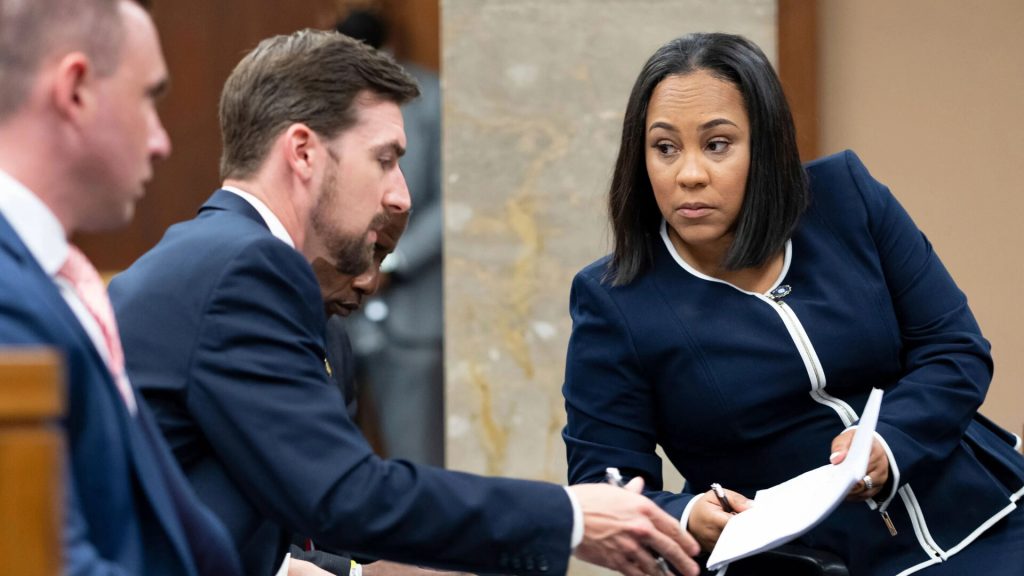
While Willis’s opponents have tried to question her credibility and impartiality, their efforts have failed in court. Whether politically motivated or reflecting genuine concerns about legal ethics, Willis remains central to one of the highest-profile legal challenges to a former president.
House Judiciary Committee Subpoenas Willis Over Grant Funds
The House Judiciary Committee, chaired by Rep. Jim Jordan (R-Ohio), recently subpoenaed District Attorney Fani Willis, demanding access to documents related to federal grant funds received by her office. According to the committee, these grants were allegedly mismanaged.
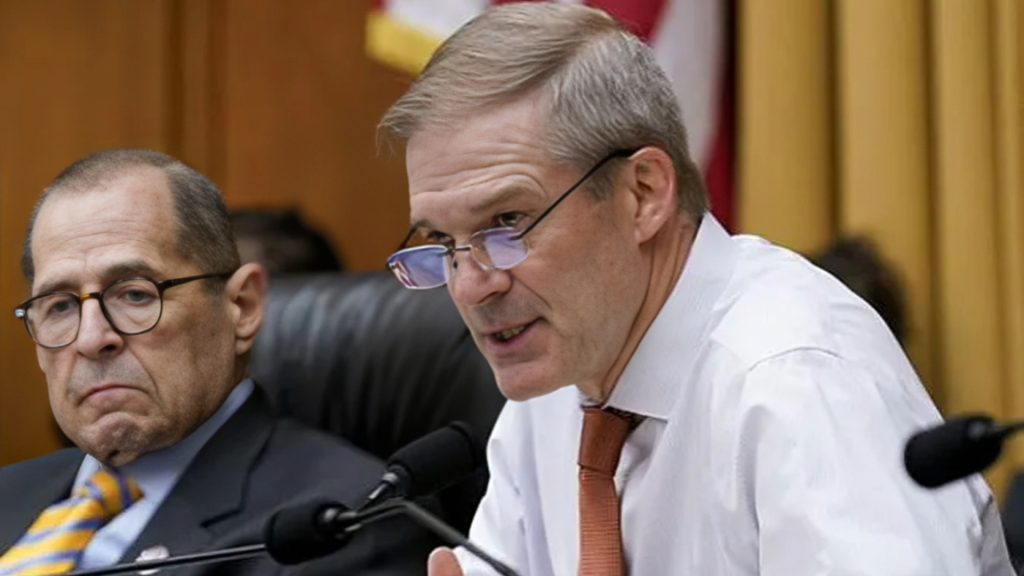
However, Willis’s office has denied these claims, stating that the funds were utilized properly for community programs. Willis criticized the subpoenas as an unconstitutional intrusion into state criminal proceedings. Some observers see the subpoenas as a political attack to damage Willis’s credibility and impartiality.
Legal Experts See No Basis for Disqualification Despite Indictment
Legal experts analyze that Fulton County District Attorney Fani Willis has faced unwarranted challenges to her role as prosecutor in the Trump Organization racketeering case. Under Georgia statute, a prosecutor can only be disqualified due to a conflict of interest that negatively impacts the defendant or for “forensic misconduct.”
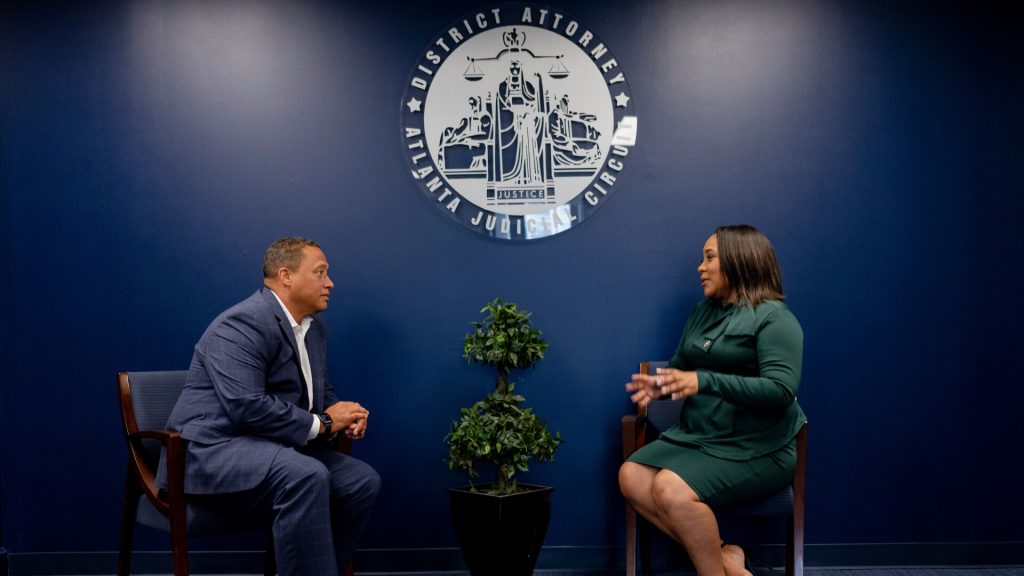
According to legal scholars Norman L. Eisen, Joyce Vance, and Richard Painter, “A conflict of interest requires more than a theoretical or speculative conflict. An actual conflict of interest must be involved.” In this situation, Willis’s romantic relationship with Wade is not viewed as prejudicial to the defense.
Willis’s Resolve Strengthened by Supporters
Fani Willis has faced intense scrutiny since announcing an investigation into former President Donald Trump’s potentially illegal election interference in Georgia. However, Willis remains resolute in her role as District Attorney, buoyed by steadfast supporters.

As the case unfolds, the legal system’s emphasis on facts and accountability contrasts with the political realm. Notably, the Georgia Supreme Court recently declined a motion to disqualify Willis, indicating her solid legal standing.
Willis Remains on The Case
Though political attacks and accusations of conflicts of interest have targeted Fani Willis, the district attorney has withstood efforts to remove her from the Trump racketeering case. Willis demonstrated unyielding confidence under examination in the courtroom, reinforcing her financial independence and touting community support.

Despite claims of misused federal funds by the House Judiciary Committee, Willis maintains appropriate spending of the grants for community programs. While the former president may view the case as a partisan attack, legal experts see Willis’s position as secure.





